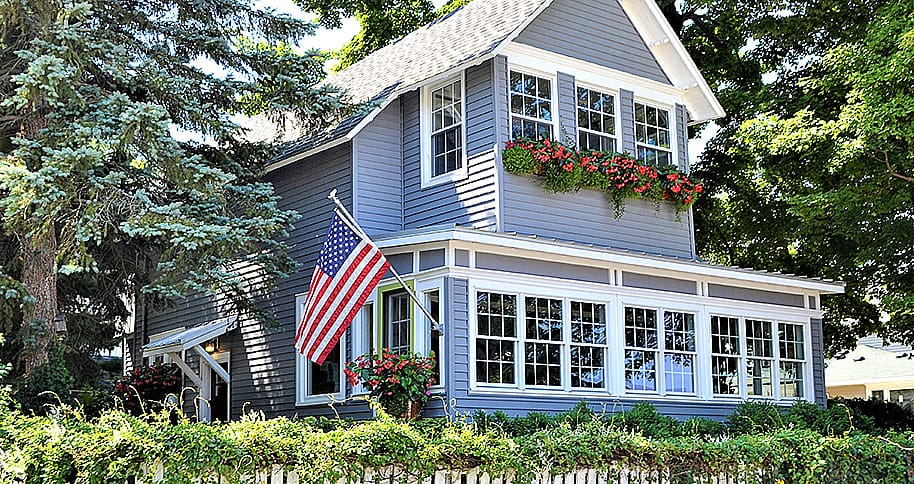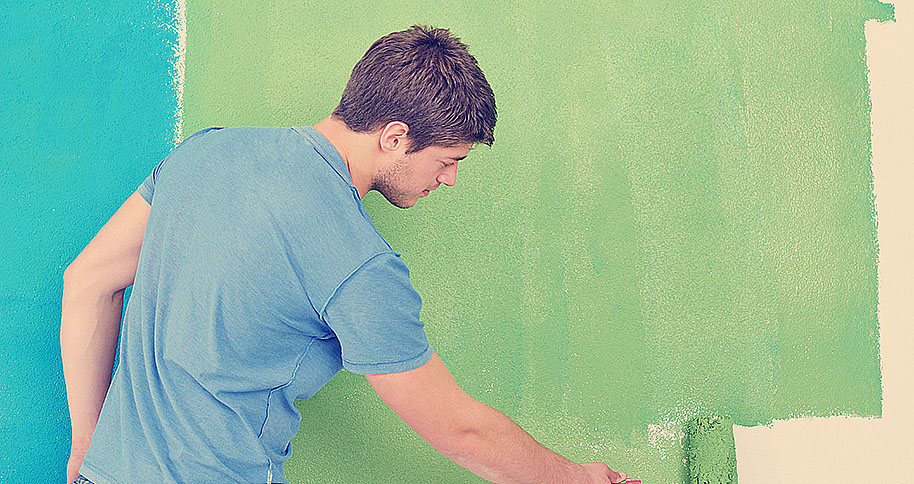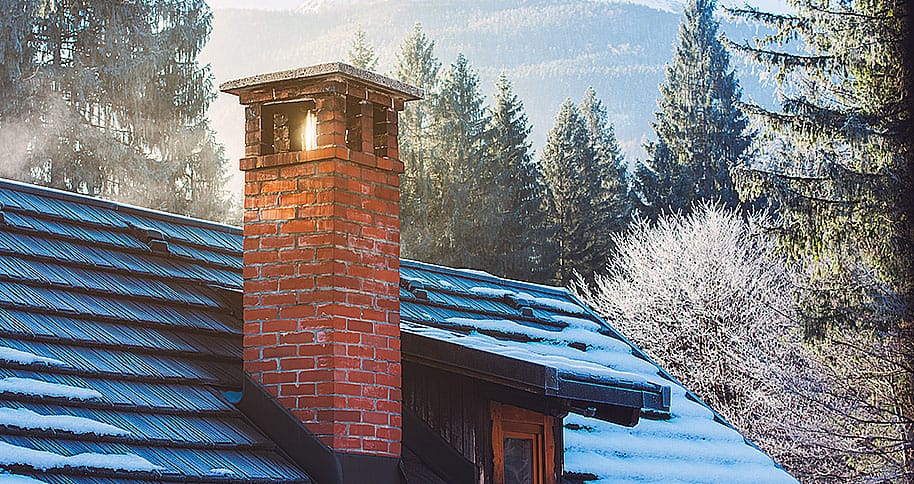Home insulation has become necessary considering rising electricity costs and inflation. Today, preserving both cool and warm air has become important as homeowners try to be as energy-efficient as possible. Better insulation means less HVAC wear. It can help you avoid frequent repairs and get away with yearly or bi-yearly HVAC maintenance done by AC repair services.
But some factors can make home insulation difficult. Whether you have an old or a new home, the insulation should be on point. We will share some important insulation tips so that your HVAC system can perform relatively more efficiently and effectively.
Assess Your Current Insulation
The first thing you are going to do when it comes to improving your home insulation is assess the current situation. Regardless of whether the house is old or new, there is still a chance of cracks and leaks that could cause cool and warm air to escape. So, you will need to perform a thorough inspection of the house and ensure everything is in perfect condition.
Plus, if you have areas like the attic, you will need to visit that place as well. Sometimes, cracks and leaks are not visible. You will have to be careful and take your time as leaving out such factors will only waste your time and effort. Furthermore, check the windows, doors, and other similar areas.
This is where cool and warm air tends to escape the most. If possible, you can borrow a thermal camera from someone and measure the temperature difference between insulated and uninsulated surfaces. If you find a huge temperature difference, you will need to either repair or replace the insulation.
Choose The Right Insulation Material
Choosing the right insulation material is as important as ensuring every inch of the house is insulated. If you are someone who likes to go into the details, you will need to have your specific needs and preferences defined. While searching for the right insulation material, you will come across a variety that makes it difficult for you to make a decision.
The best way to pick the right option is by asking around your friends and family members and personally visiting their homes to inspect the insulation material. Instead of trying to be smart and playing guessing games, you ought to learn something from experience.
Most common insulation materials are fiberglass, mineral wool, and rigid foam. Each material has its own benefits and drawbacks. That said, you should consider factors such as location, size, and shape when selecting the insulation material.
However, then again, you will also need to ensure all the cracks and leaks are repaired before the insulation material is installed.
Install The Insulation Properly
After choosing the insulation material, you will need to ensure the insulation is properly installed according to the manufacturer’s relevant codes and instructions. Then again, this is going to be an equally important process that ensures you follow the manufacturer’s standards.
You will need to make sure that all the ducts and pipes are properly covered with insulation covers. This is also because, during the winter season, animal intruders tend to find a warm place to stay. So, if you have a dormant HVAC unit and ducts for the season, you might want to check them as well.
It might be that rats and other unwelcomed guests chew on the ducts and other areas to make their way inside out. This could be problematic in the sense that you might not even know there is a leakage. This means that you should regularly perform an inspection of the duct system as well.
Keep in mind that you will have to be careful with the handling of the insulation material. Excessive stretching or compressing will reduce its effectiveness.
Maintain The Insulation Regularly
You might think that you have installed or upgraded the insulation in your house and you are good to go. You need to consider the fact that insulation material tends to have a certain lifespan as well. This means that with time it will develop cracks and damage resulting in leakage.
In such a case and to prevent any leakages from taking place in the future, you will have to regularly maintain the insulation as well. You will need to take out some time to perform an inspection every 3-4 months. Plus, you should also remove any dirt and dust accumulations that will directly influence the lifespan of the insulation material.
While purchasing insulation material, make sure that you purchase some extra if any repairs or replacements are needed. Insulation materials can also be affected by leakages in the home due to extreme weather conditions. Water puddles and extreme moisture can force you to replace the insulation material twice a year or so.
This insulation maintenance will help you prevent AC problems like lower efficiency, reduced cooling, ice buildup on AC pipes, etc.
Maintain Your HVAC System
If you are done repairing the leaks and cracks and have also upgraded the insulation in your house, you will need to make sure you pay some attention to the HVAC system as well. You need to understand the fact that both the insulation in your house and the HVAC system are interlinked.
One cannot work effectively without the other and you will need to make sure both are in good condition. This means that you should perform a regular inspection of your HVAC unit as well especially if it’s an old unit. This ensures that there are no leaks or damages within the unit itself that result in low efficiency and effectiveness.
Furthermore, you should also hire air conditioning repair services who can visit on an annual basis and thoroughly inspect and maintain the unit. This is only possible if you schedule maintenance at the right time and maintain a maintenance log. As a general rule of thumb, your HVAC should be maintained at least once every year.
Upgrade Your HVAC System
If nothing else works, there is a high chance that your HVAC system needs replacement. Your HVAC system like other household appliances comes with a lifespan. Regardless of how it is maintained, it will need to be replaced when the time is due. But you will be able to prolong its lifespan by scheduling expert maintenance.
Plus, if the unit happens to be old, it’s not going to be as effective and energy-efficient as the modern units. That said, even if you install insulation in the house, it won’t be of any benefit if the unit itself is not able to cool or warm up the house.
Moreover, an older unit would break down more often and you will need to bear the costs. An even after spending money on repairs, older units are not reliable and they can break down again.
Therefore, instead of wasting your money on the maintenance and repairs of an old HVAC unit, you should invest in a new one.
Conclusion
The key is to achieve a balance between keeping your HVAC system properly maintained and ensuring the insulation material and cracks and leakages are properly taken care of. It would be better if you consult HVAC contractors who can take a look at your HVAC system and home insulation and suggest the right steps to improve HVAC efficiency. airone


